 Botanic Gardens
Botanic GardensReflections in the Garden is a monthly "lunch and learn" speaker event where local specialists offer a variety of garden-related tips and tricks! We have a great lineup of green-thumbed speakers planned for the coming year. Due to limited seating, registration is required, and tickets are free to Friends of the Garden Members, $10 for non-members. Reflections takes place in-person at the Ione Burden Conference Center and online via Microsoft Teams.
Interested in becoming a Friend of the Gardens? All Friends members gain free entry to Reflections in the Garden, as well as gain access to over 300 public gardens across the country! Varying membership levels offer even more perks you won't want to miss! Become a Friend of the Gardens today. You can also join our mailing list to receive reminders about our upcoming classes!
| Date | Event |
|---|---|
|
January 6 |
"Composting Basics" with Bob Dillemuth, EBR Parish Master Gardener |
|
February 3 |
"Invasive Species" with Hunter Guidry |
|
March 3 |
"Vegetable Gardening in Smaller Spaces" with Alesandro Holzapfel, LSU AgCenter, Research Associate |
|
April 7 |
"Pollinator Gardens" with Janine Kharey, President of Wild Ones Greater Baton Rouge Chapter |
|
May 5 |
"Succulents 101" with Rozlan Fransen, Founder, Baton Rouge Succulents |
|
June 2 |
"Roses: Propagation and How to Care for Them" with Connor Cavalier, LSU AgCenter Botanic Gardens, Research Associate Specialist |
|
July 7 |
"Integrating Culture, Art, and Science in Contemporary Landscape Design" with Jeff Carbo |
|
August 4 |
"Photography in the Garden" with Randy Roussel |
|
September 8 |
"Container / Small Gardens" with Anna Timmerman |
|
October 6 |
"Master Naturalists" with Janie Braud |
|
November 3 |
Visit Baton Rouge |
|
December 1 |
"Louisiana Stormwater Coalition - Updates and Progress" |
Various horticultural organizations provide educational and work sessions for members and the general public. Memberships may be required for some activities.
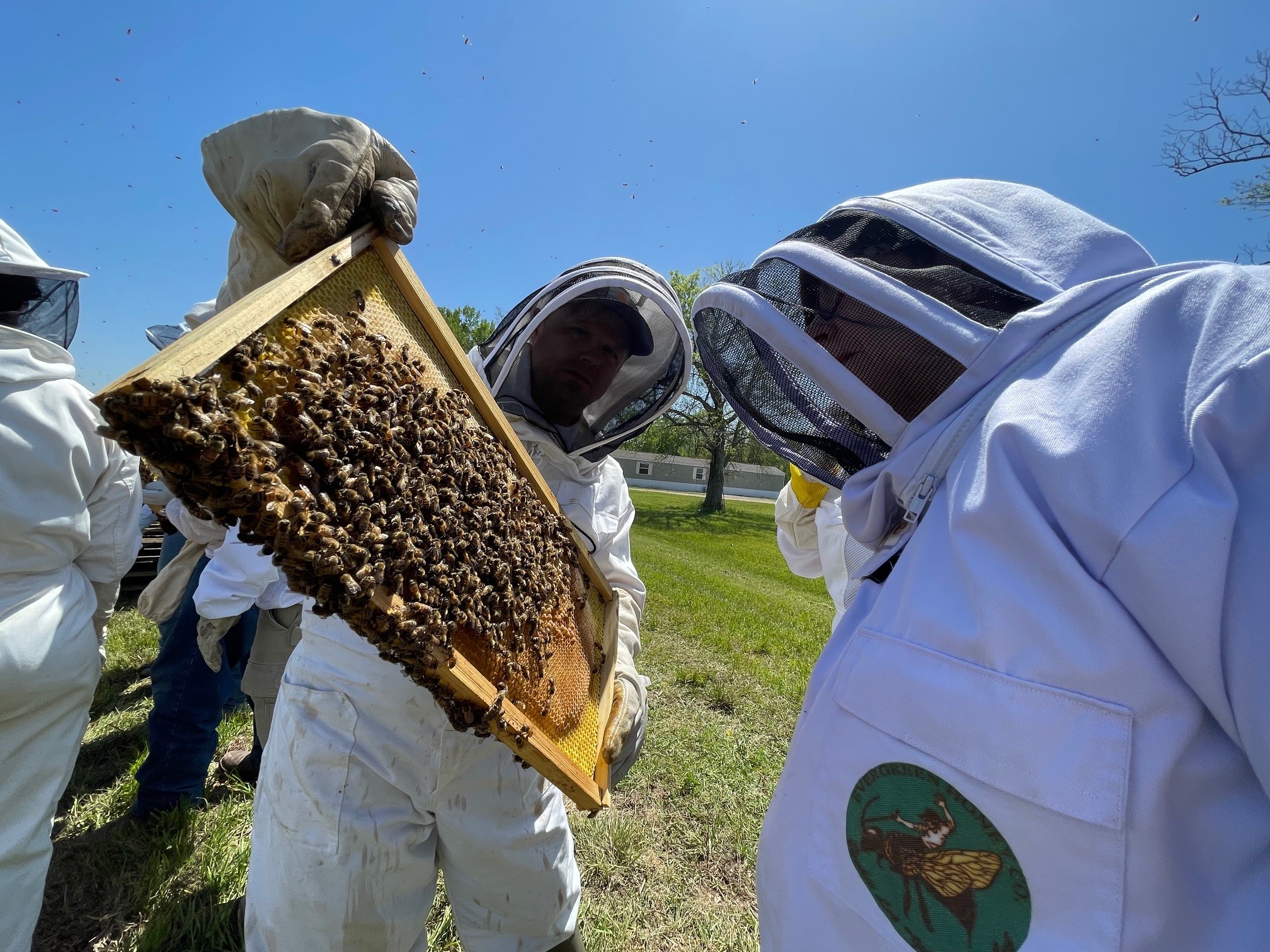
CABA supports beekeeping and bee education in the Louisiana capital area.
The rganization meets on the second Tuesday of every month at 7 p.m. at the LSU AgCenter Botanic Gardens.
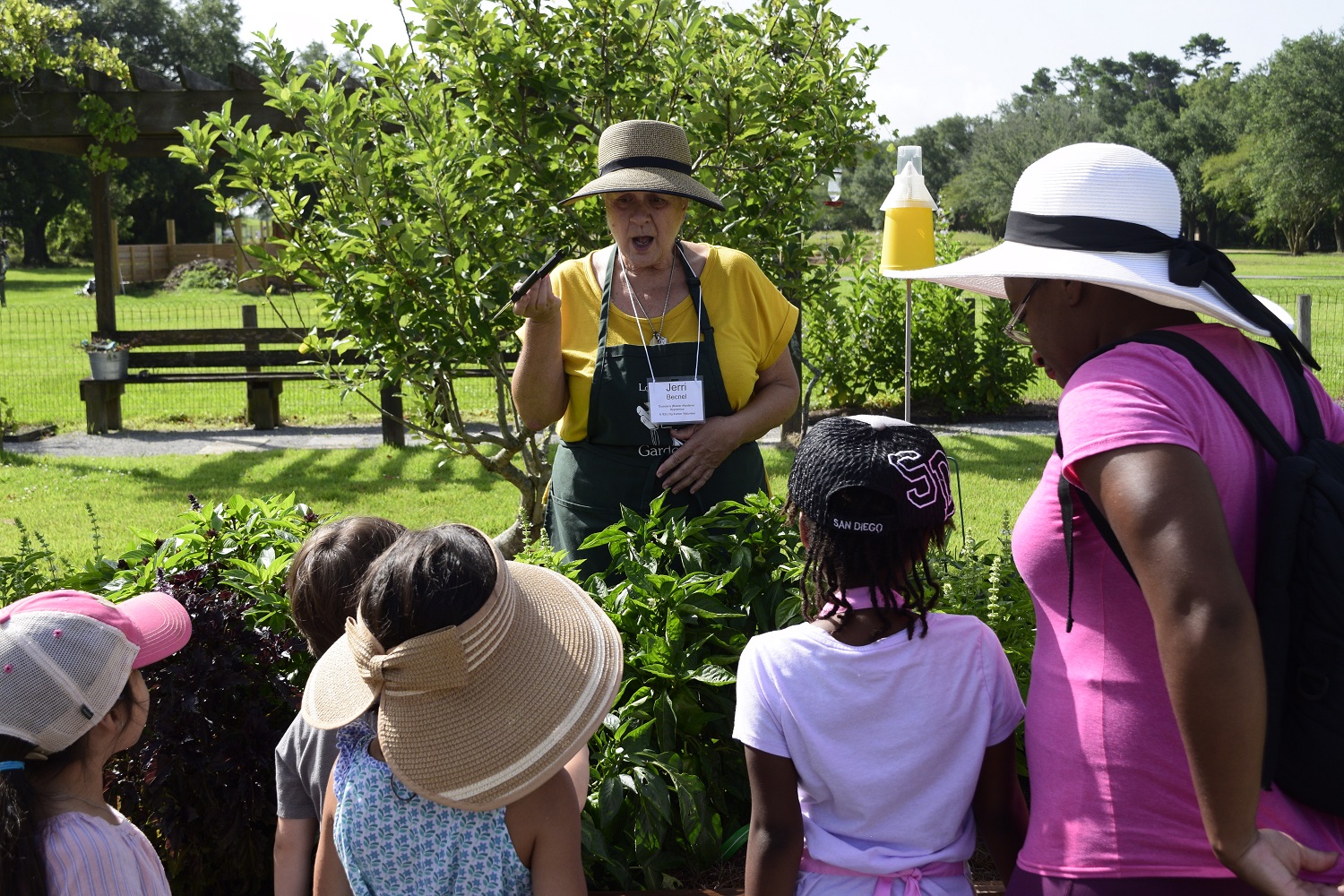
The Herb Society is a group of people dedicated supporting education about herbs and their cultivation.
The organization meets on the fourth Thursday of every month at the LSU AgCenter Botanic Gardens.
Master Naturalists are citizen volunteers dedicated to conservation education and service within their communities.
The BRMS is an informal group of people interested in mycology committed to the promotion of educational and scientific activities related to fungi. The group advocates for the protection of natural areas and their biological integrity and the sustainable use of mushrooms as a resource.
The organization meets on the
The mission of the BROS is to provide information on orchid cultivation and conservation by building a network of orchid growing enthuisasts.
The organization meets on the third Wednesday of every month at 6:30 p.m. at the LSU AgCenter Botanic Gardens.
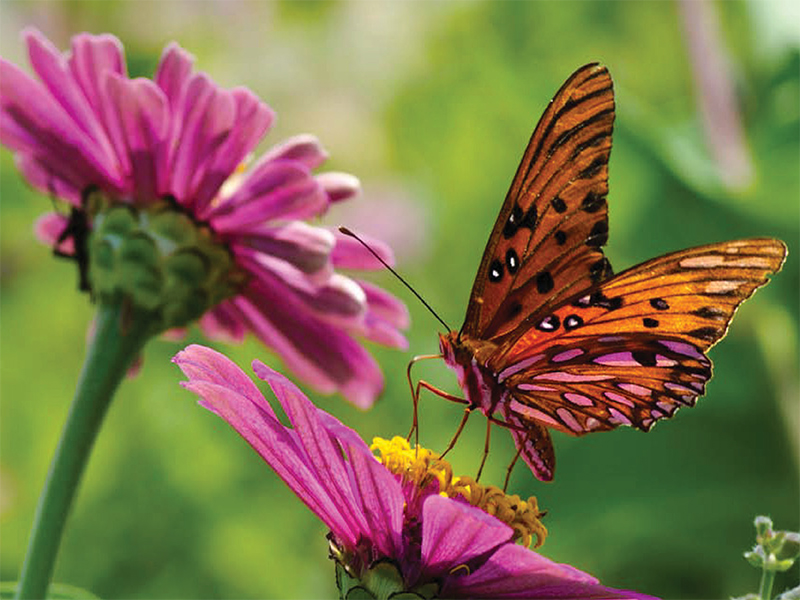
Learn more about the butterflies that visit our Pollinator Garden here at the LSU AgCenter Botanic Gardens and in surrounding areas! Butterflies are attracted to the nectar in flowers, which they use as an energy source. If host plant(s) specific to the butterflies are available in the gardens, the butterflies may deposit eggs on the leaves of their host plants. The caterpillars, also known as larvae, can feed on the leaves and at some point pupate, and emerge as an adult butterfly.
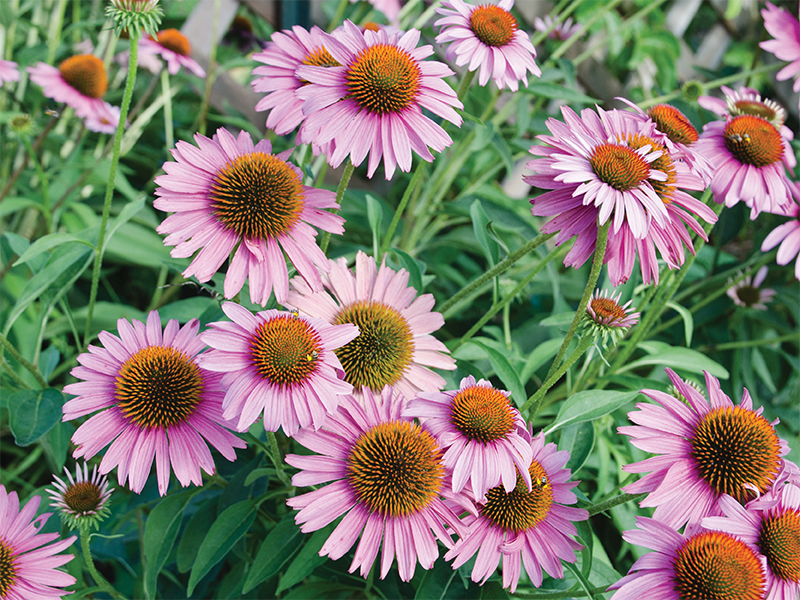
Dr. Chrissy Mogren
Landscaping trees into your yard provides numerous benefits such as shade, improving drainage, and habitat for pollinators and other wildlife. While bees are adapted to life in prairies as opposed to forests, they can still utilize resources provided by flowering trees when incorporated into a pollinator-oriented landscape. In addition to providing floral food resources, native trees are also host plants to a number of beautiful native butterflies and moths. As you walk through Trees & Trails, keep an eye out for signs indicating which trees provide important resources for Louisiana native bees, butterflies, and moths!
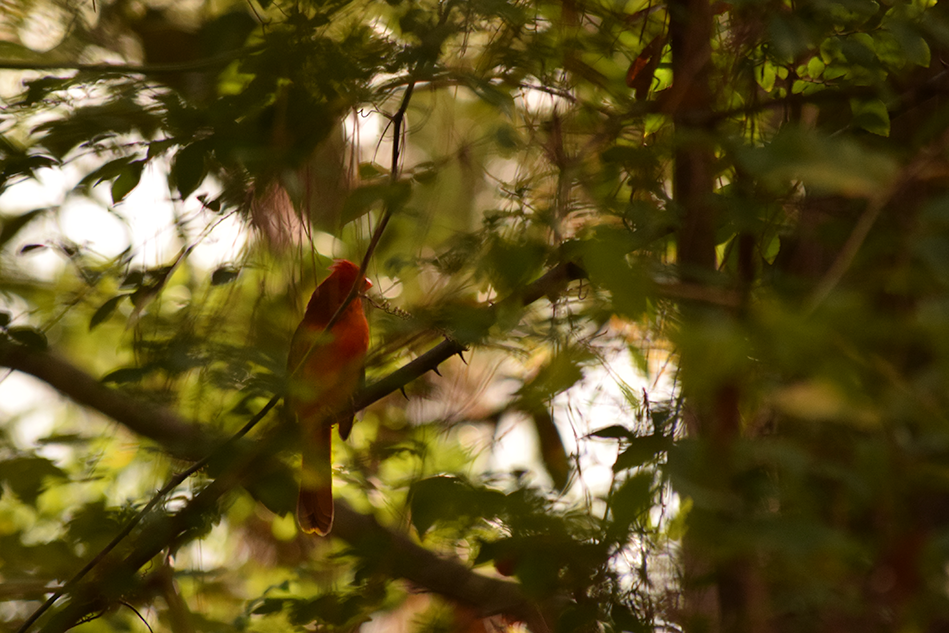
Our goal is to provide you with information about our birding loops and links to resources that will enhance your birding experience. Our birding brochure, Birding at Burden, is located inside the Ione Burden Conference and Information Center and inside the Rural Life Museum Visitors Center. The brochure has a detailed map and legend of the six birding loops, images of birds, descriptions about each of the loops, and a bird species list to see what time of year each bird species is most likely to occur at Burden. The numbers next to each species correspond to our numbered birding loops.
